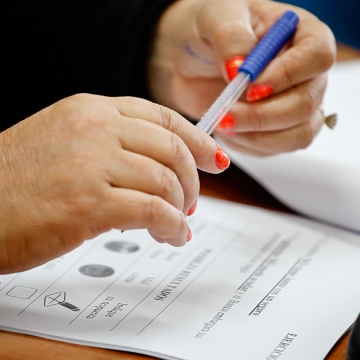Effects of More Stringent Sulphur Requirements for Sea Transports
In 2008 the International Maritime Organization (IMO) decided on more stringent requirements from 2015 for airborne emissions of sulphur dioxide from sea transports in the sulphur emission control areas (SECA). The European SECA comprises the Baltic Sea, the North Sea and the English Channel. The paper contains an overview of the European studies that have been carried out to investigate the impacts of IMO's more stringent sulphur requirements. All studies were carried out after IMO's decision in 2008 (which means that the decision was taken based on other reasons).
